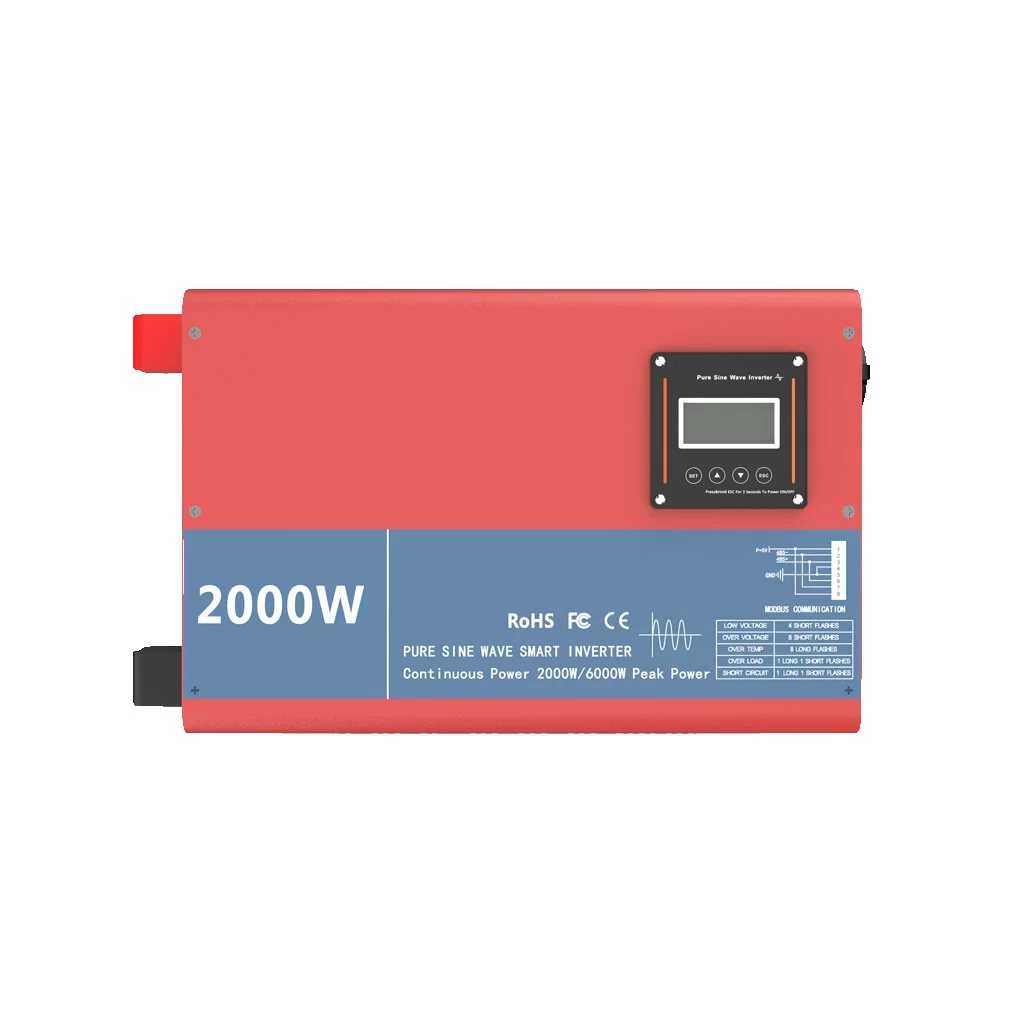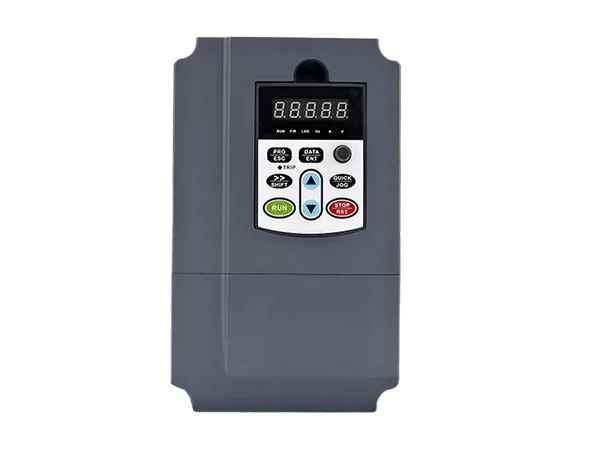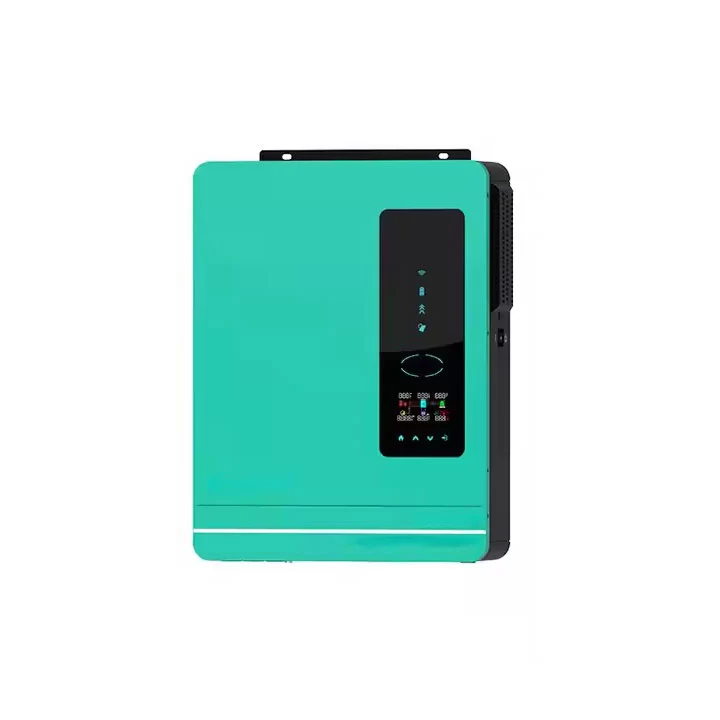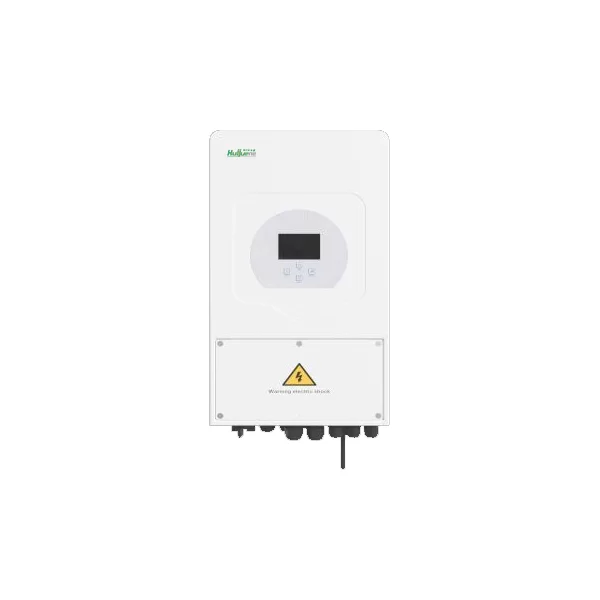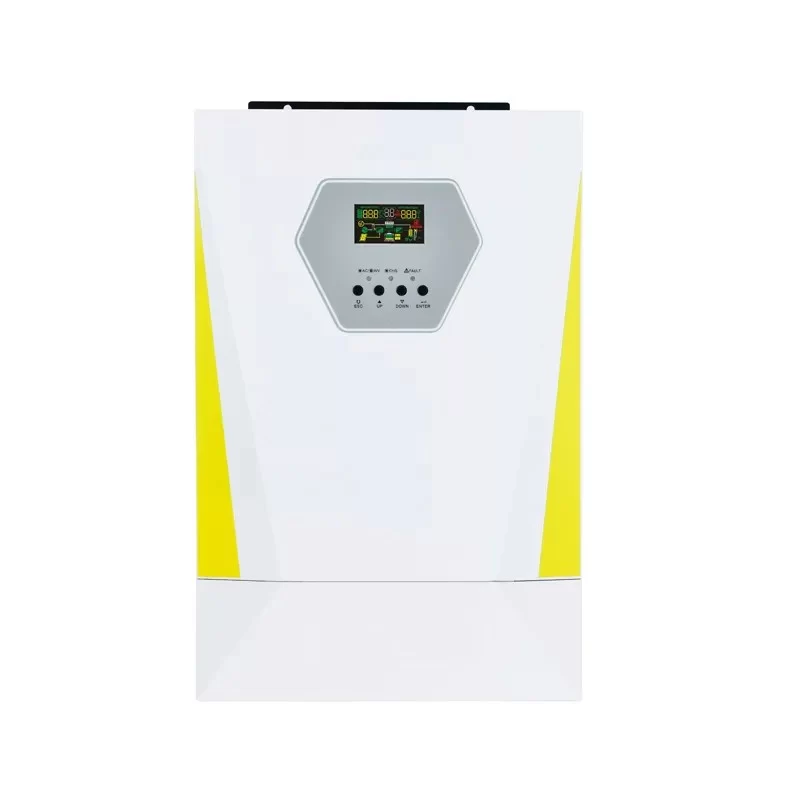Get A Quote Now!
Solar Power Freedom: Exploring the Potential of Home Storage Inverters
In the pursuit of energy independence, solar power has emerged as a leading solution, especially when combined with advanced inverters. Home energy storage inverters play a crucial role in harnessing solar energy, enabling homeowners to maximize energy efficiency and sustainability. This article will explore the functions of solar inverters and how they are transforming our approach to renewable energy utilization.
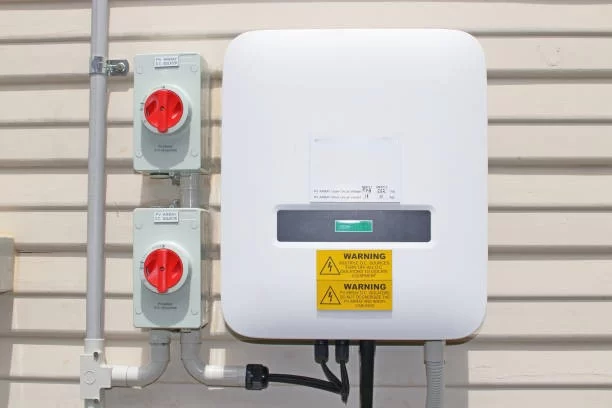
1.Understanding Solar Inverters
The solar inverter is the heart of the solar energy system. It converts the direct current generated by solar panels into alternating current, which is the electricity we use in our homes. A good inverter not only makes electricity usable, but also enables the entire solar energy system to work better.
2.The Role of Home Energy Storage Inverters
Household energy storage inverters are designed to store the electrical energy generated by solar panels in batteries. Homeowners can store the unused electricity generated by solar panels during the day and use it at night or when the sun is not good. There are many benefits to doing this:
Environmental Protection and Energy Savings
Home solar storage systems utilize solar energy, which is clean and renewable. Using it does not produce waste or greenhouse gases, helping to reduce pollution and combat global warming. Additionally, such systems can significantly lower electricity bills, achieving energy savings.
Generate and Use Your Own Power
With a home solar storage system, you can generate your own electricity, reducing dependence on the external grid. In the event of a power outage, the stored energy can be invaluable, ensuring that your home remains powered.
Cost Savings
Home solar storage systems can generate electricity during sunny days and store excess power for use at night or during peak demand times, saving on electricity costs. If your system is grid-connected, you can even sell surplus electricity back to the grid for extra income.
3.Choosing the Right Solar Inverter
When selecting a solar inverter, several factors must be considered to ensure optimal performance:
Type of Inverter
There are various types of inverters available, including string inverters, microinverters, and hybrid inverters. Each type has its own advantages and disadvantages, making it essential to understand your energy needs to make the right choice.
Efficiency Rating
Look for inverters with high efficiency ratings. Efficient inverters will convert a greater proportion of solar energy into usable electricity, maximizing the benefits of your solar installation.
Compatibility with Storage Systems
Ensure that the inverter you choose is compatible with your battery storage system. This compatibility allows for seamless integration and efficient energy management.
4.Future Trends in Solar Inverter Technology
The solar market is continuously evolving, and the technology that supports it is also advancing. Emerging trends in solar inverters include:
Smart Inverters
These inverters have many advanced features, such as remote viewing and management, automatic performance adjustment, and helping solar energy connect better to the grid. Intelligent inverters play an important role in integrating solar power into the entire power system.
Enhanced Battery Integration
With the advancement of battery technology, future home energy storage inverters may have more advanced integration functions, allowing homeowners to more conveniently manage their household electricity and bills.
Lower Costs
As technology matures, costs associated with solar and power inverters are expected to decline, making solar energy more accessible for homeowners.
To fully harness the benefits of solar energy systems, home energy storage inverters are essential. These inverters efficiently convert and control electrical power, enabling greater self-generation and a more sustainable lifestyle. With the right solar inverter, homeowners can maximize their solar energy utilization and prepare for a cleaner, greener future.

